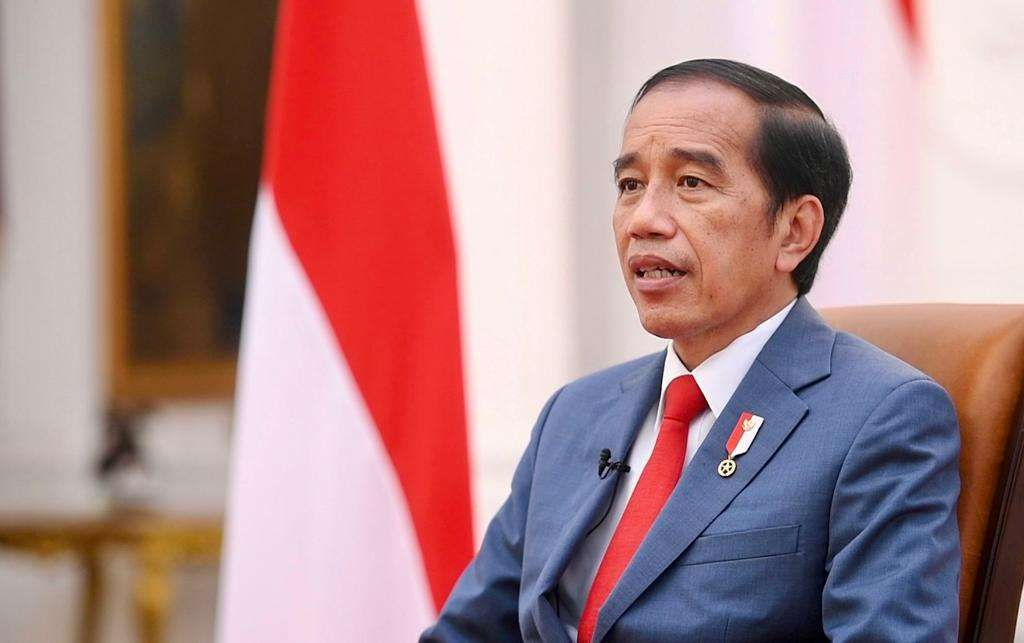SEAToday.com, Jakarta - March 30 marks not only National Movie Day, but also a historical moment in the rise of Indonesian cinema. However, we need to know how the journey of movies in Indonesia and who contributed to its creation. Here's the information.
Some believe that the first cinema in Indonesia might have been situated in Tanah Abang, near Gambir Market Square in Batavia (Jakarta), around 1900. People called it "gambar idoep" ("living picture"). These early movie theaters showcased short, silent movies, often foreign productions brought in by Dutch businessmen, titled "The King and Queen of Netherlands".

"Loetoeng Kasaroeng" (The Ape King) holds a significant place in Indonesian film history as the country's first domestically produced silent film. Released in 1926, it was produced by NV Java Film Company under the direction of Dutch filmmakers L. Heuveldorp and G. Krugers. According to the Education, Culture, Research, and Technology Ministry's website, "Loetoeng Kasaroeng" tells the fantastical story of a young woman named Purbasari. She is teased by her brother for having a langur (long-tailed monkey) boyfriend named Guru Minda. However, a shocking twist reveals that Guru Minda is actually a handsome prince who has been transformed into a langur by the magical powers of Dewi Sunan Ambu.

Though its story begins in 1932, Bioscoop Metropool's rise to fame unfolded during Indonesian independence. Originally built as a Dutch family residence during colonial rule, the building underwent a significant transformation in 1951. It reopened its doors not as a home but as a grand cinema, boasting the title of the largest in Indonesia at the time and offering a staggering 1,700 seats.

The establishment of National Movie Day is deeply tied to the work of Usmar Ismail, considered the "Father of Indonesian Movies”. Ismail's Achievements are Founded Perfini, Directed "Darah dan Doa" (Long March of Siliwangi), Initiated Indonesian Movie Festival (FFIJ), Produced "Lewat Djam Malam". National Movie Day is celebrated on March 30 each year, commemorating the production of "Darah dan Doa” in 1950. This date was officially designated through Presidential Decree Number 25 of 1999, signed by President BJ Habibie.

















